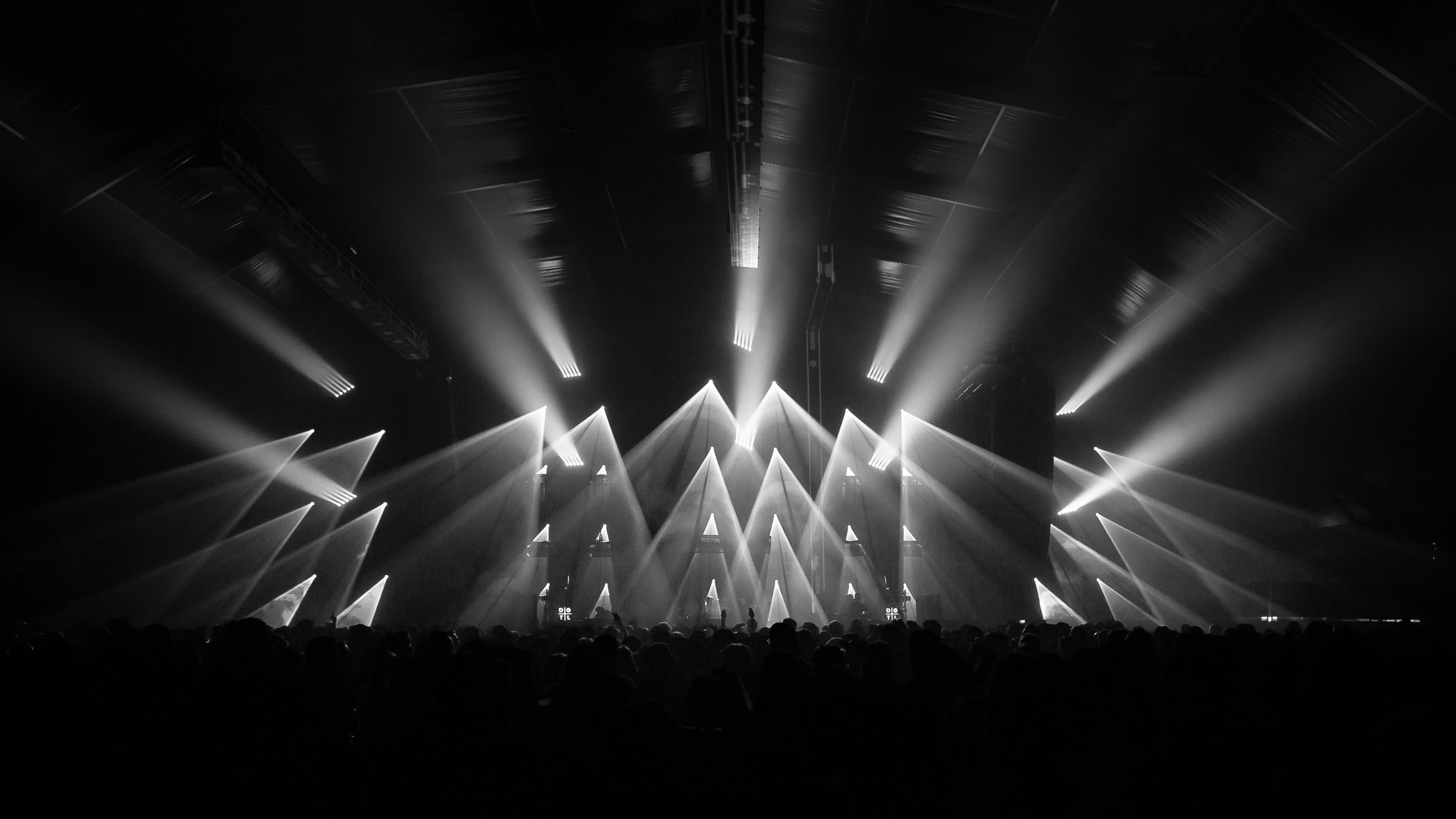

Psychology Of Cults Tickets
Up to 30% Off Compared to Competitors.
Location: Select Location (e.g, New York)
About Psychology of Cults
Currently, the psychology of cults remains a relevant topic as new groups form and existing ones evolve. The rise of social media has transformed the landscape, enabling cult-like groups to recruit and maintain followers online. Contemporary cults often utilize digital platforms to disseminate their ideologies, creating virtual communities that can be just as isolating as traditional settings. Recent events have highlighted the dangers posed by these groups, especially during times of social upheaval, where individuals may seek refuge in ideologies that promise certainty and belonging. There are ongoing discussions in psychological circles regarding the ethics of intervention and the best practices for helping individuals exit these groups. Furthermore, documentaries, podcasts, and books have increased public awareness of the psychological underpinnings of cult behavior, leading to a growing interest in prevention and support strategies for former members. Academic research continues to evolve, with a focus on understanding the intersections of mental health, social influence, and the impact of trauma associated with cult experiences. As society grapples with issues of extremism, misinformation, and the psychological toll of isolation, the study of cult psychology remains critical for fostering healthier communities and supporting those affected by such groups.
Psychology of Cults History
The study of cults has a rich history that intertwines psychology, sociology, and religious studies. The term 'cult' originally referred to a system of religious veneration and devotion directed toward a particular figure or object, deriving from the Latin word 'cultus.' However, in the modern context, it often describes groups that exhibit extreme or unorthodox beliefs and practices, typically centered around a charismatic leader. The phenomenon gained significant attention in the mid-20th century, particularly following high-profile events such as the Jonestown Massacre in 1978 and the Heaven's Gate incident in 1997. Researchers began to explore the psychological mechanisms that allow such groups to thrive, including cognitive dissonance, social identity theory, and the role of isolation in reinforcing group beliefs. The psychology of cults examines how individuals can be drawn into these environments, often through manipulation, coercion, or emotional vulnerability, leading them to adopt beliefs that may be contrary to their previous values and social norms. Over the years, scholars have explored various factors that contribute to cult formation and membership, including the allure of belonging, the need for meaning, and the impact of charismatic leadership. These studies have laid the groundwork for understanding the dynamics of cults, their appeal, and the psychological effects on members both during and after their involvement.
